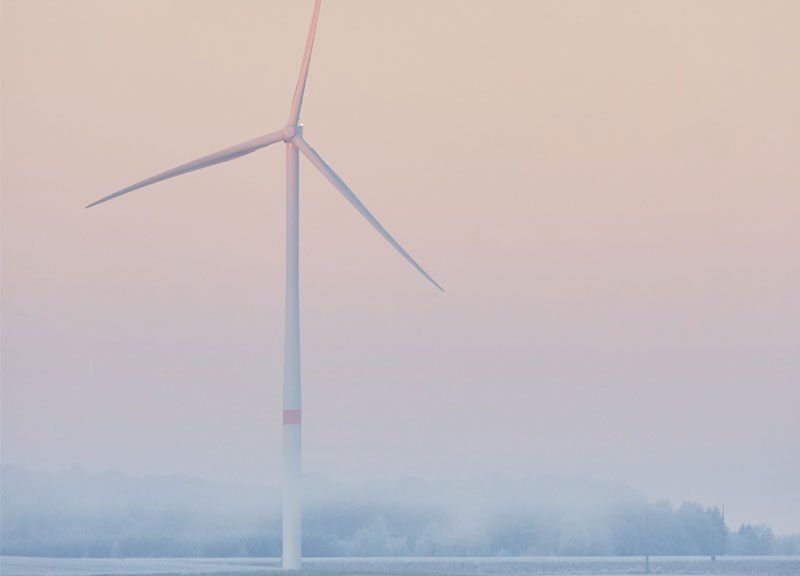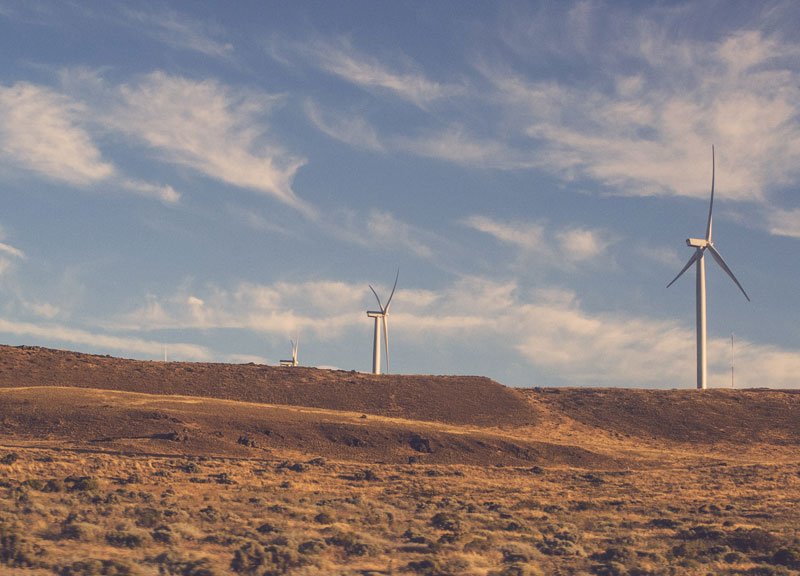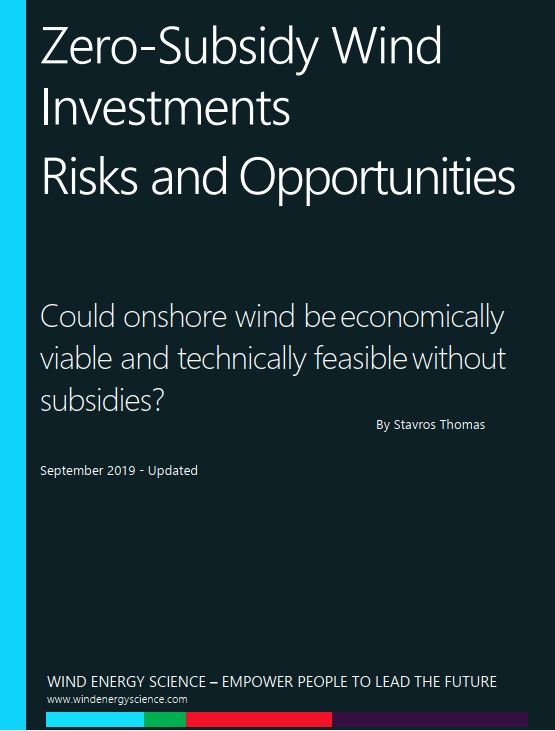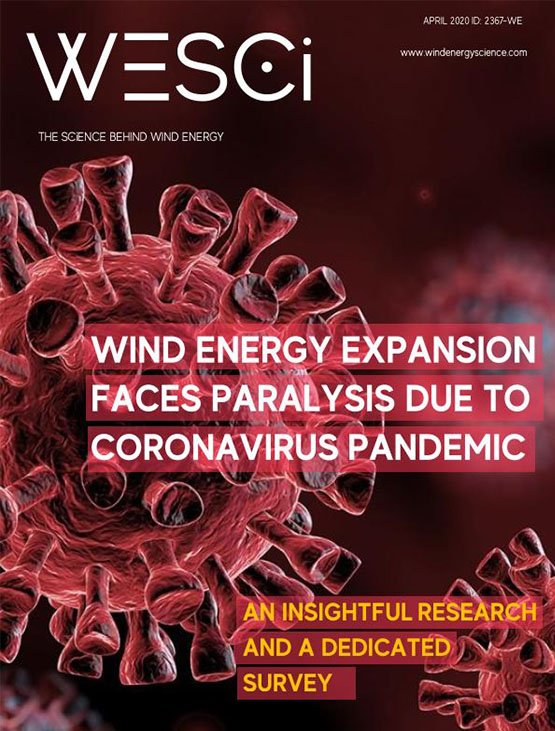Zero Subsidy Wind Energy Projects
The zero-subsidy wind energy projects opportunity evaluates the technical, operational and commercial drivers that are providing increased confidence in zero-subsidy as an economic viable and technical feasible option for developers and investors in the medium to long term.
While the appearance of subsidy-free wind energy projects means zero-carbon electricity at reduced costs for consumers, it is not without challenges and risks. Overcoming the higher cost of financing subsidy-free schemes is one barrier; managing variable renewables on the problematic grid is another.
Meanwhile, the cannibalization effect of surging renewables output means new wind energy plants may need subsidies even if they come in at record-low prices..
Some analysts are skeptical that zero-subsidies will be enough to sway developers.
Can that subsidy-free wind farms become the “new normal” ?
The answers lie in assessing the historical and potential future trends in strategic value drivers which range across technical, operational, commercial, financial, legal and regulatory fields.
In this paper-survey we explore a selection of the key themes, which have historically enabled onshore wind energy investments to continue to be technically and economically viable and attractive, despite the ever-changing regulatory framework in Europe. Against the same themes, we then identify key developments on the horizon that may enable a substantial pipeline of zero-subsidy projects to be deployed in the future.


Technological developments, including reduction in LCOE, operational optimization and technical risks mitigation will certainly assist wind power investments to remain attractive, even in the context of declining subsidies and tariffs over time. Also the implementation of novel strategies and the Industrial Internet of Things may enable investors to engage with new business models offering stable revenues and with viable investment returns.
Subsidies are a significant tool in the transition towards new and reliable technologies; however, in order to establish that a wind energy project without subsidies is fully feasible, both technically and commercially a wide range of CoE practices should be also implemented.

Stavros is one of those who think that “we never stop learning”. Stavros holds a Bachelor of Science in Computer Science & Maths and a Master degree in Wind Energy Engineering from the Technical University of Denmark. 14 years ago he decided to jump inside the fascinated Wind Energy industry to research and develop technologies that can better our lives. He firmly believes that innovation is the result of a perfect mix between the human touch and the technological factor. As a wind power professional, with several years of experience in onshore and offshore projects, he has worked with developers, operators and stakeholders, getting a holistic vision of the industry and betting for the team-working.
Stavros is a tireless observer of his environment and considers himself to be someone in constant growth. He believes that “we should never stop looking at world with the eyes and curiosity of a child … so, we will never lose its shine”.


